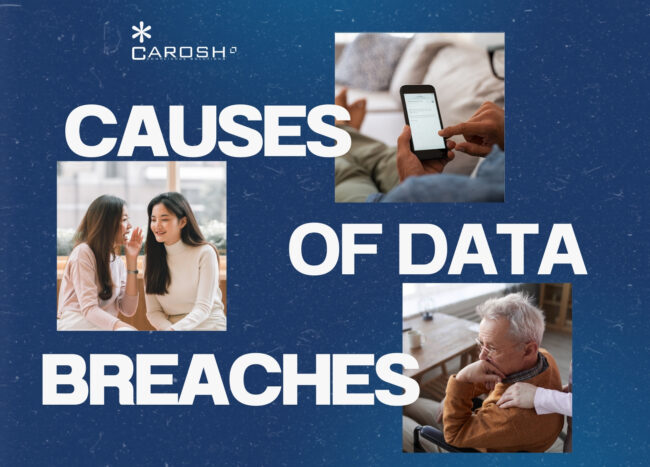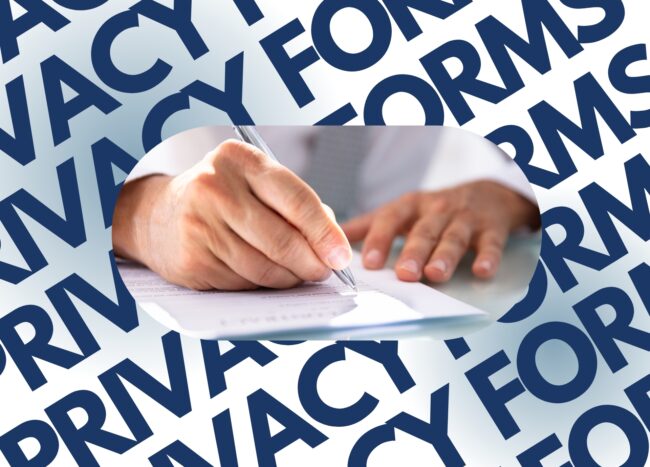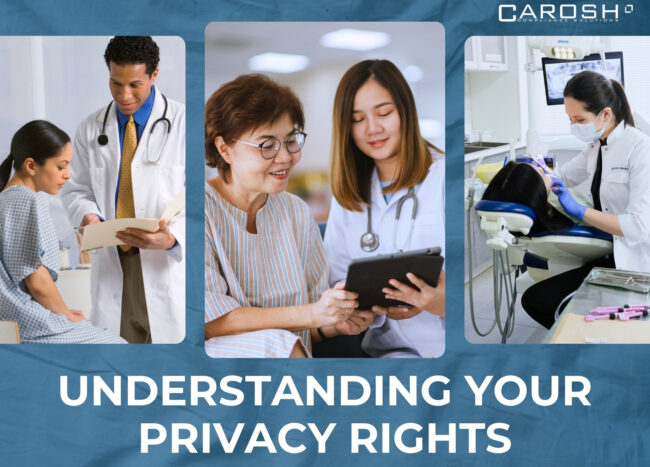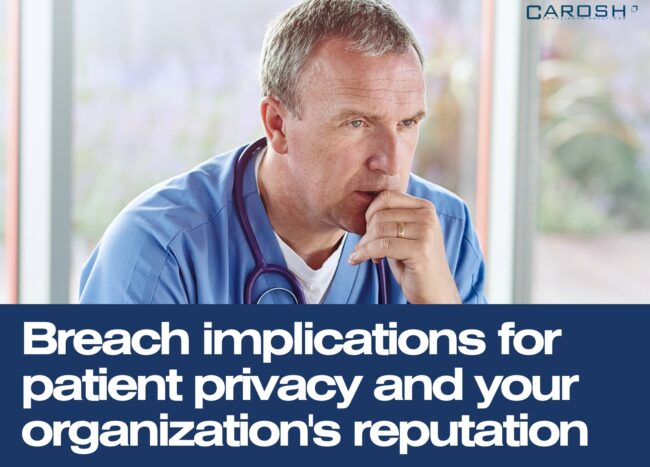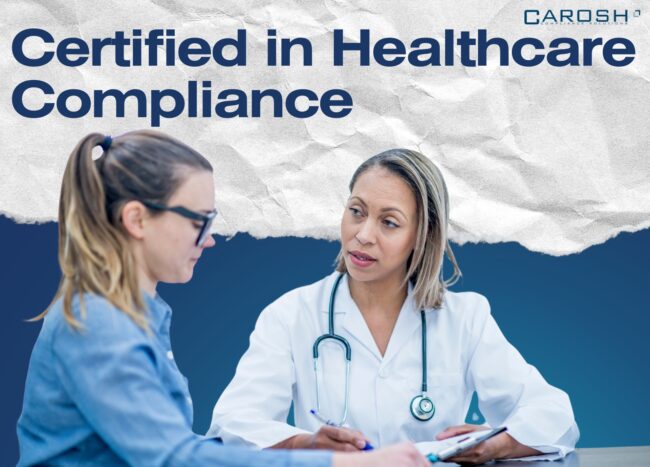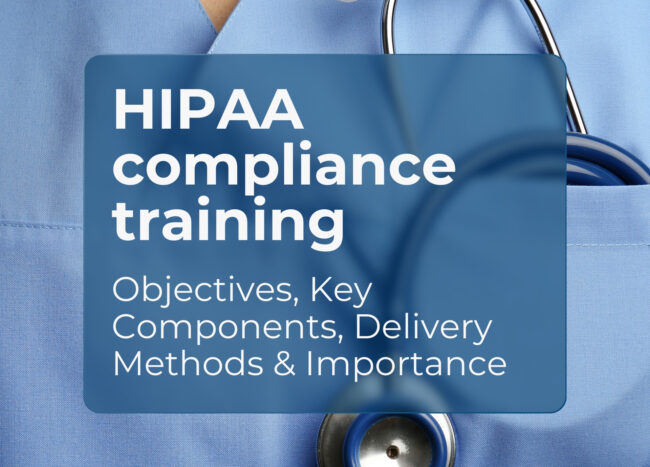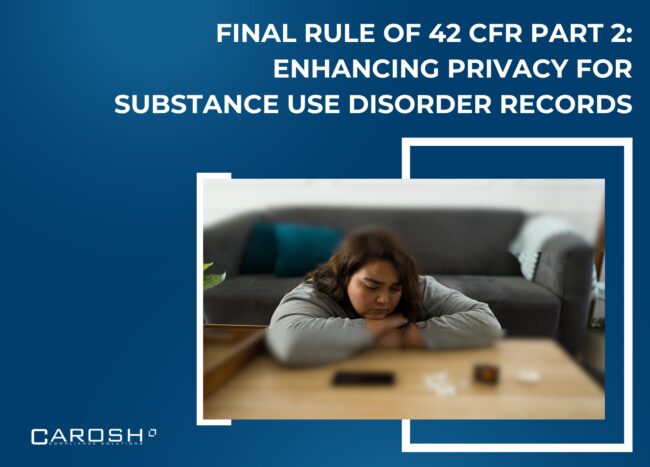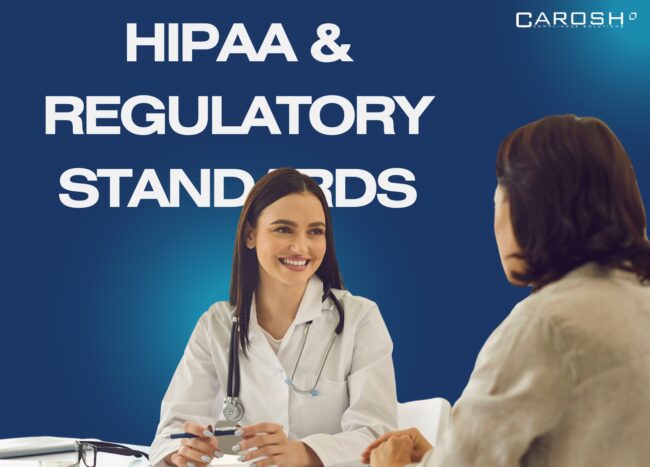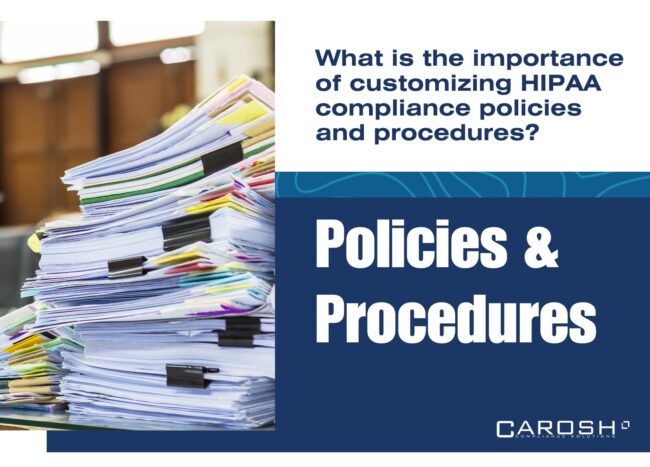Navigating Data Breaches in Healthcare
In an era where digital health records are the norm, the security of patient information has never been more critical. Data breaches in healthcare not only compromise the privacy of millions but also expose sensitive information to risks of misuse. Understanding the intricacies of these breaches and the protective measures mandated by laws like HIPAA is essential for healthcare providers and patients alike. This discussion delves into the causes, consequences, and preventive strategies surrounding data breaches in healthcare, offering insights into maintaining the confidentiality and integrity of Protected Health Information (PHI).
